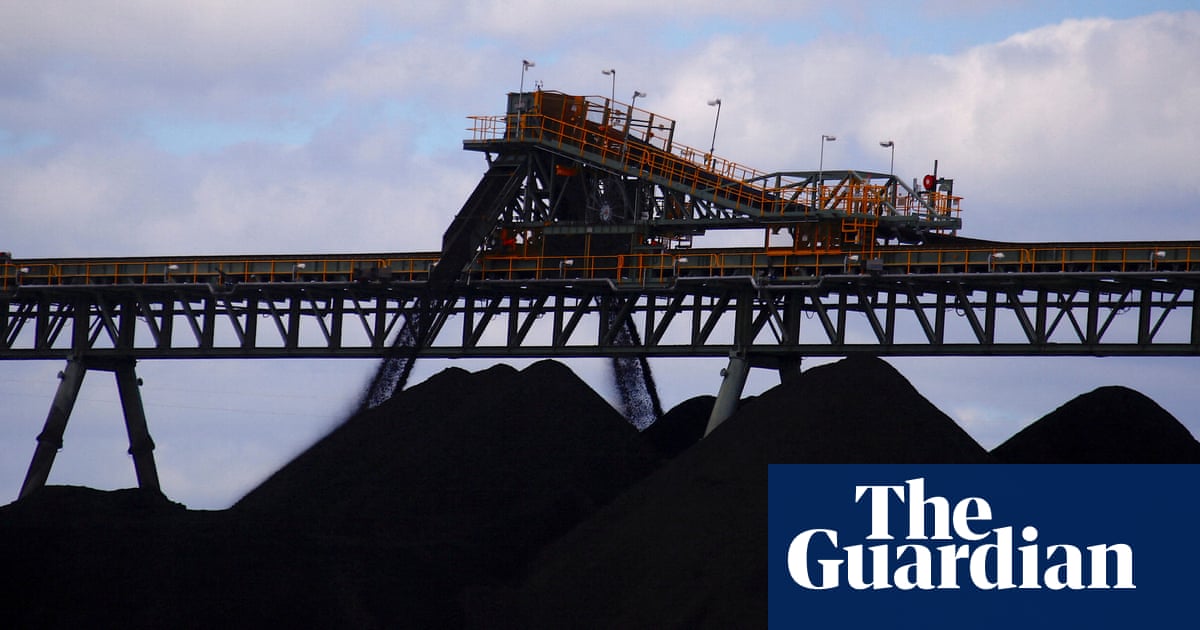
The amount of CO2 production financed by Britain’s banks and asset managers is nearly double the UK’s annual carbon emissions, according to a new report.
The study, published by environmental campaign groups Greenpeace and WWF, shows the City provided loans and investments for projects and companies that emitted 805m tonnes of CO2 in 2019. That is 1.8 times the UK’s own annual net emissions for the same year, which totalled 455m tonnes when discounting aviation and shipping, sectors that the UK government also does not include in its emissions calculations.
It highlights the financial industry as one of the UK’s largest contributors to the climate crisis, and means that if the City were its own country, it would outrank Germany as the ninth largest emitter of CO2 in the world. Germany was responsible for emitting 776m tonnes of carbon in 2018, according to the latest available data.
WWF and Greenpeace are calling on the government to introduce new regulations that would bring the sector in line with Paris agreement targets, which aim to limit global temperature increases to 1.5C above pre-industrial levels.
Greenpeace UK’s executive director, John Sauven, said the UK could not turn a blind eye to the City’s contribution to the climate crisis, particularly before this year’s “pivotal” Cop26 climate change conference in Glasgow, set for November.
“Finance is the UK’s dirty little secret,” Sauven said. “Banks and investors are responsible for more emissions than most nations, and the UK government is giving them a free pass. How can we say we’re ‘leading the world on climate action’ while allowing financial institutions to plough billions into fossil fuel production every year? The claim is almost laughable.”
The analysis, carried out by climate solutions firm South Pole, measured the lending and investment activities of the UK’s financial sector, based on a sample of 15 banks and 10 asset managers.
Over the weekend, the G7 group of the world’s richest advanced nations made fresh pledges to end direct government support for overseas coal projects by the end of the year. It came just days after the International Energy Agency (IEA) said there could be no new investments in oil, gas and coal from this year onwards, if authorities are serious about meeting the goal of net zero emissions by 2050.
A spokesperson for the bank lobby group UK Finance said lenders took their “responsibility to wider society very seriously” and were taking a “leading role in the shift to net zero finance”. Last month, the UK’s six largest lenders committed to achieving net zero emissions from their portfolios by 2050 or sooner, as part of the UN’s new Net Zero Banking Alliance.
“The industry will continue work with others to help mobilise capital in a way that takes account of local community and environmental needs,” UK Finance said.
The Top 10 CO2 emitters and where the City would fit in
Annual CO2 emissions by gigatonne (Gt) or megatonne (Mt):
1 China: 11.71Gt
2 United States: 5.79Gt
3 India: 3.35Gt
4 Russia: 1.99Gt
5 Indonesia: 1.70Gt
6 Brazil: 1.42Gt
7 Japan: 1.15Gt
8 Iran: 828.34Mt
9 UK finance industry: 805Mt*
10 Germany: 776.61Mt
*Note: Equivalent CO2 emissions related to UK banks’ and asset managers’ financing of projects and companies in 2019, as calculated by South Pole. Country calculations are based on the most recent data, which is from 2018.












